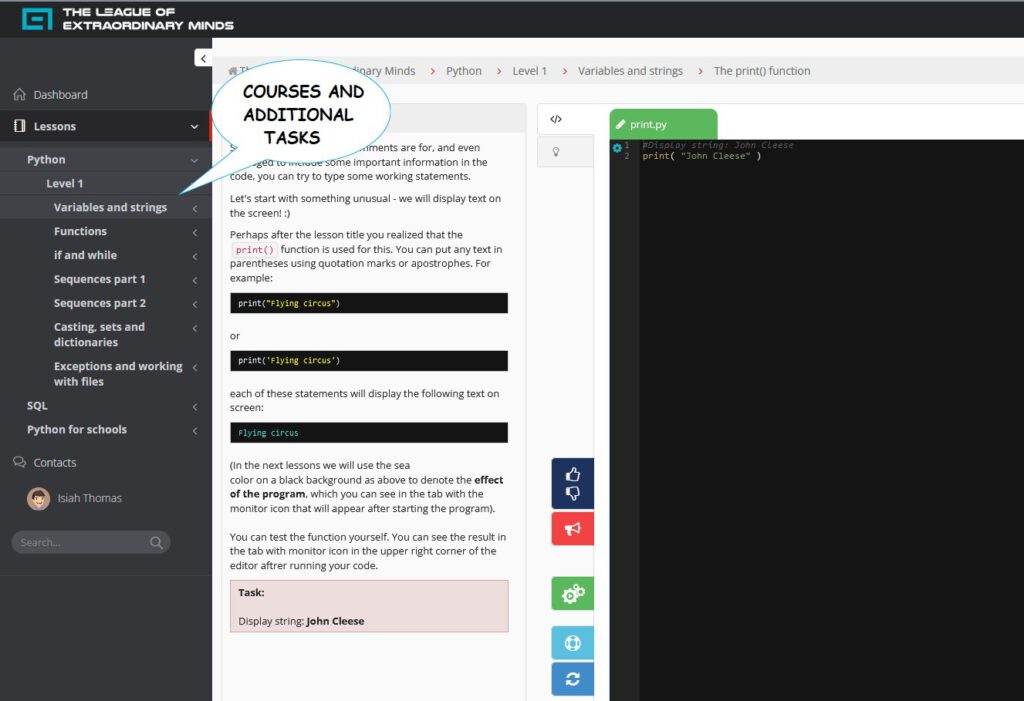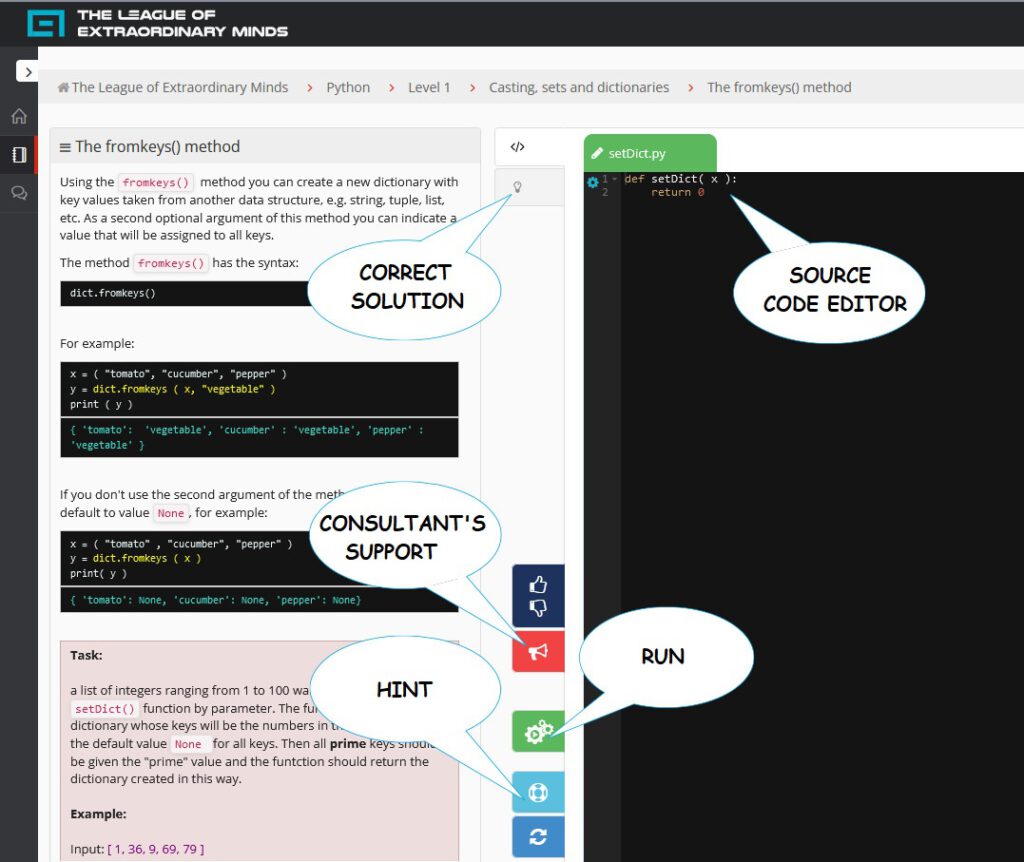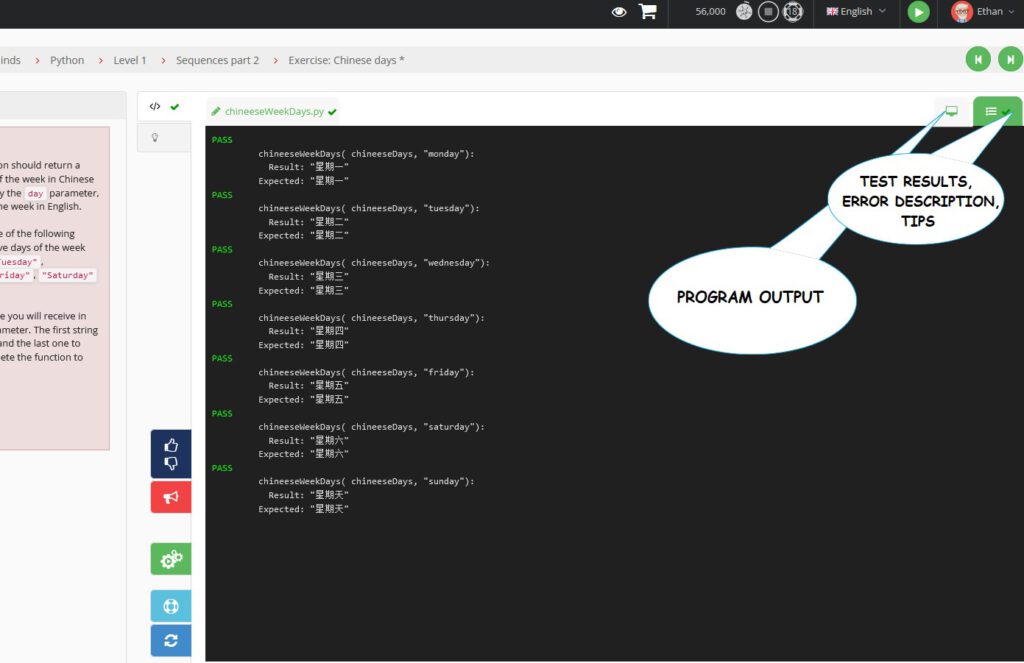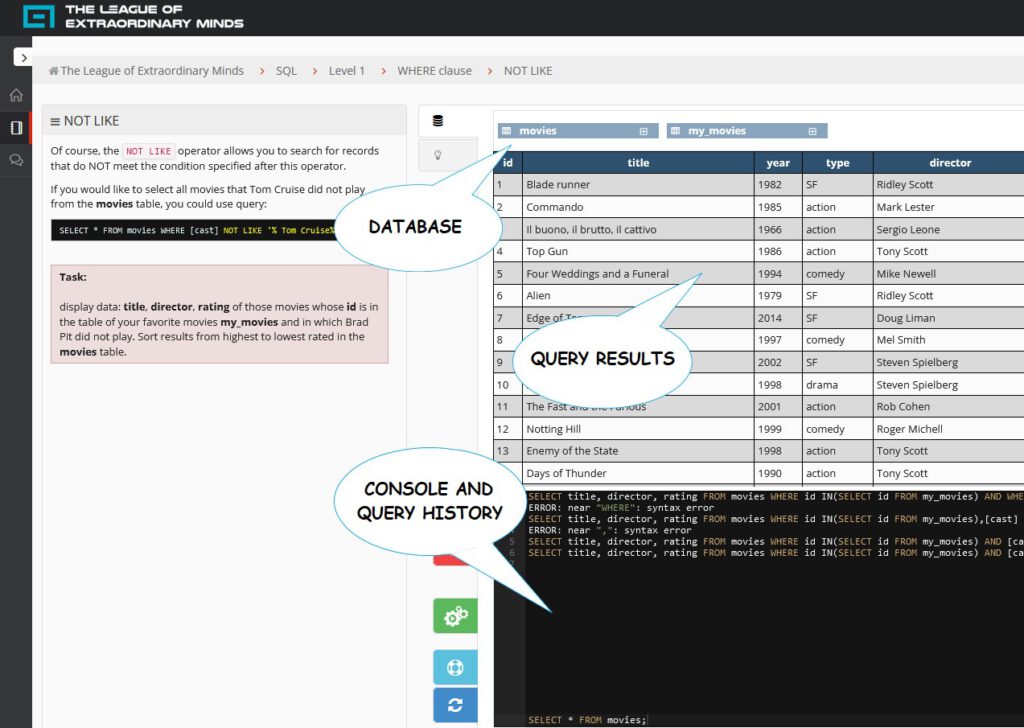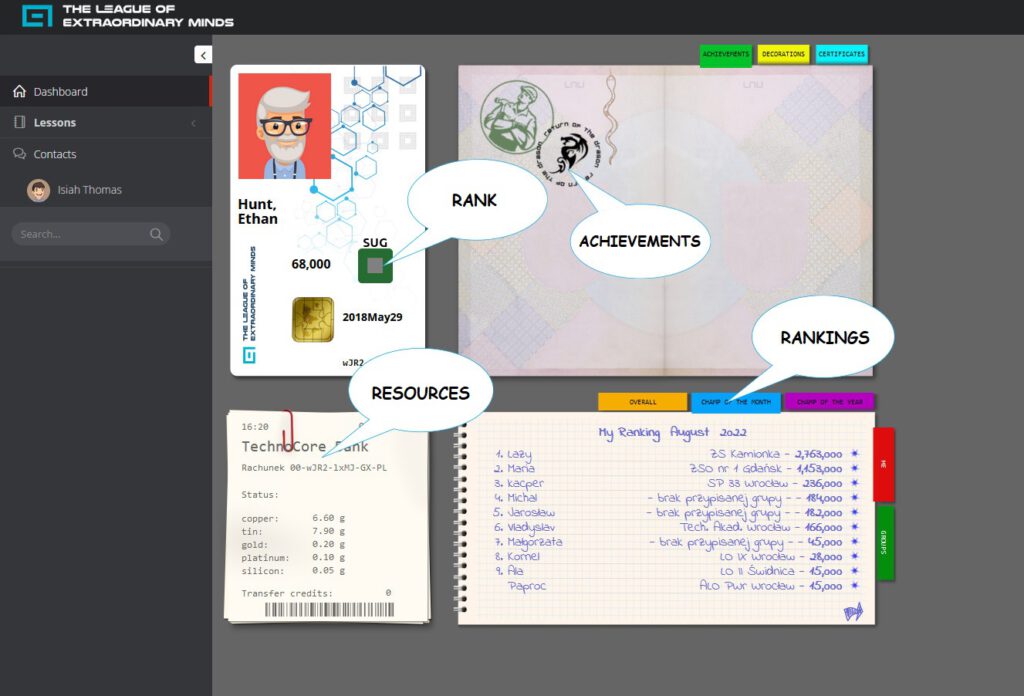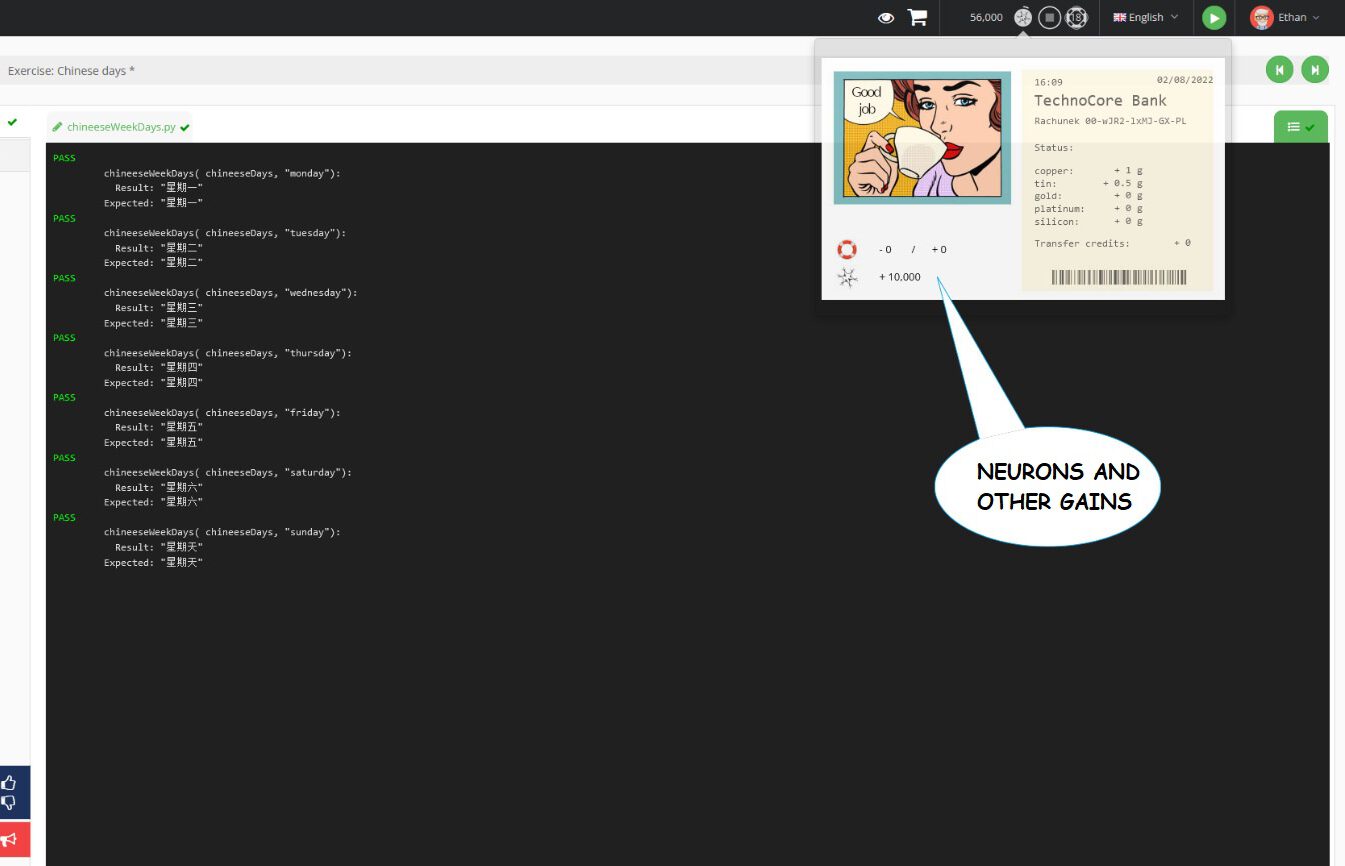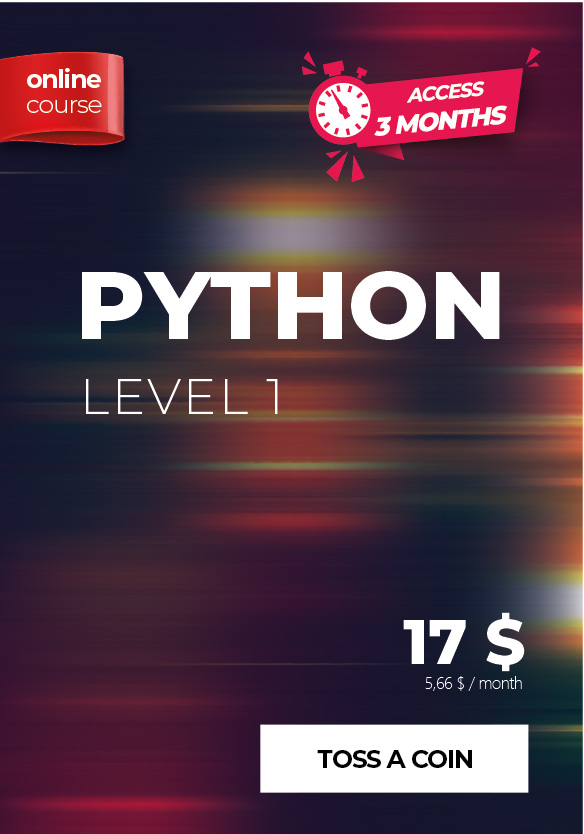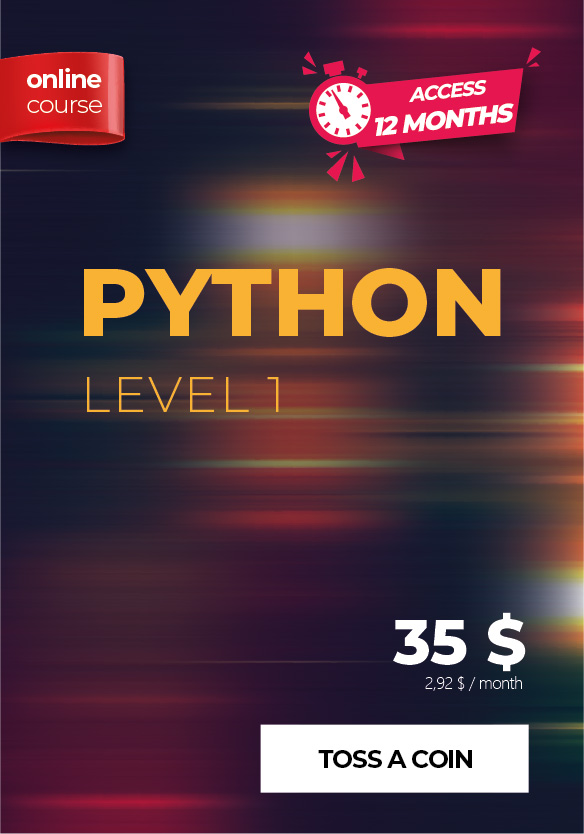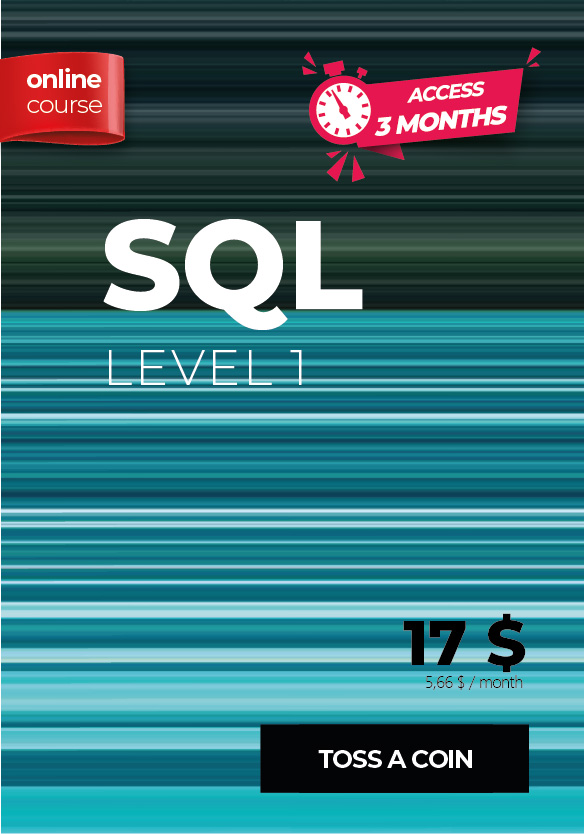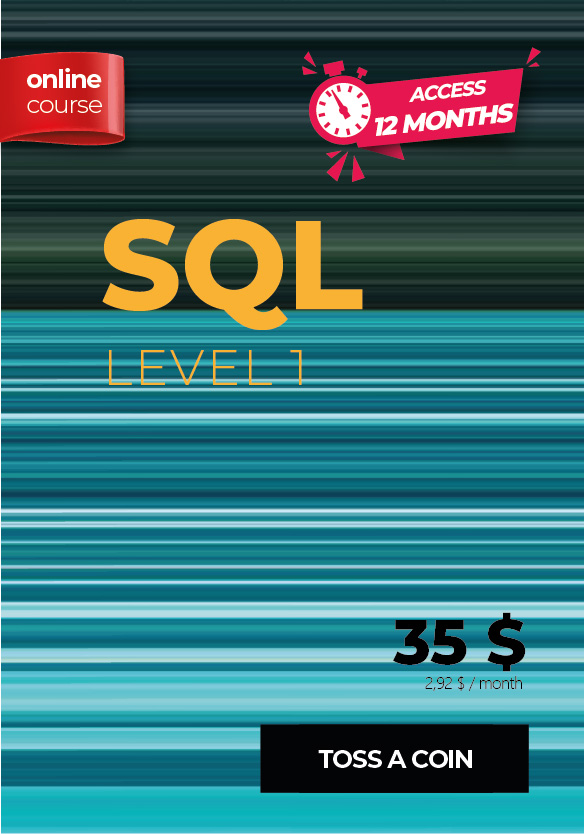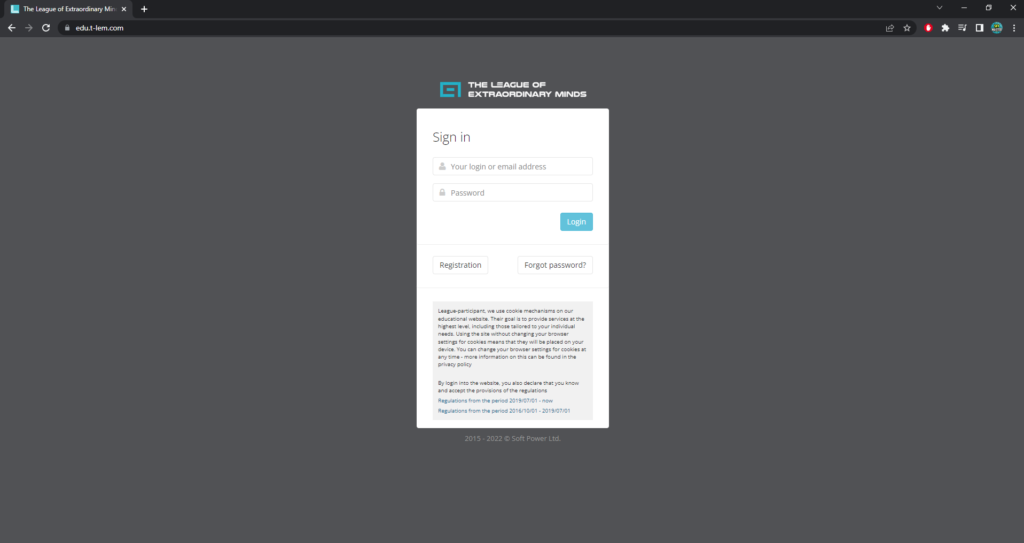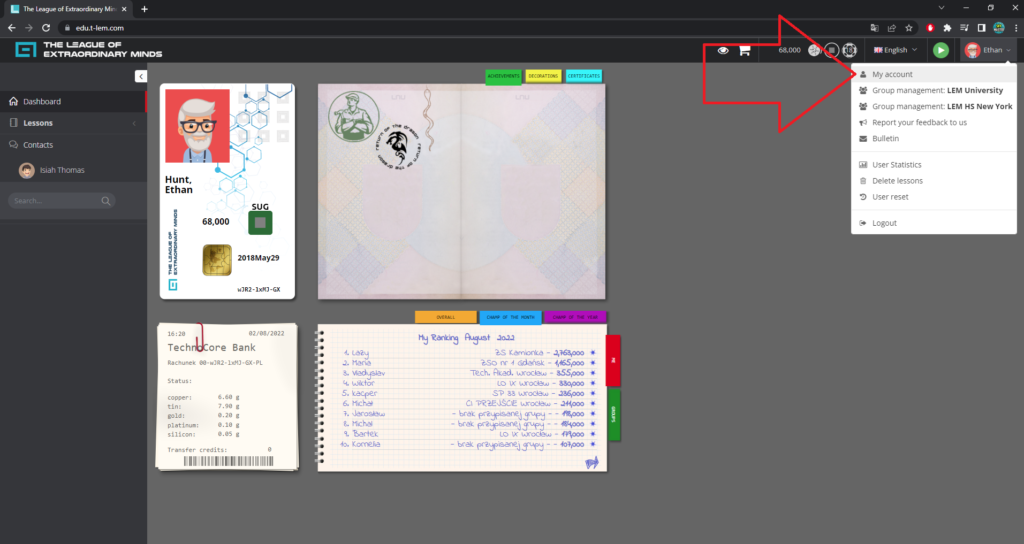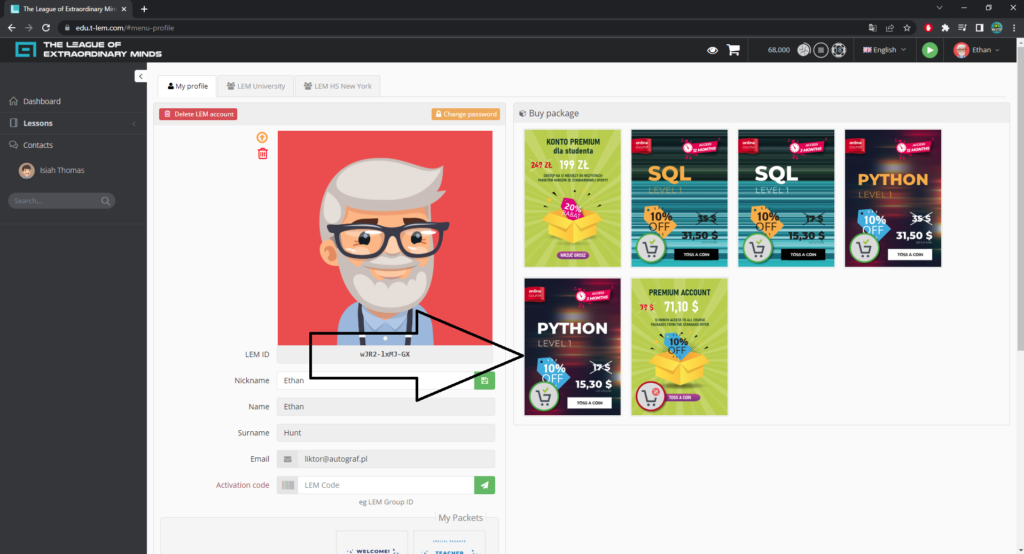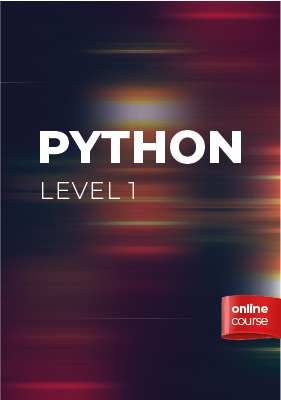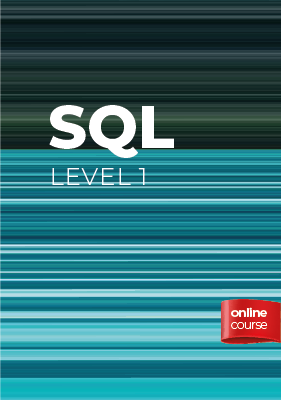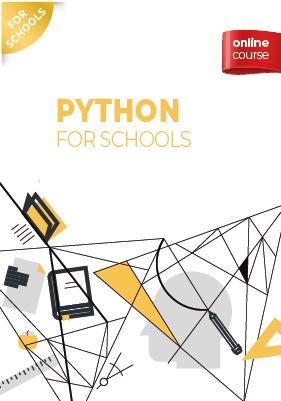Learn to think like a programmer and solve problems by typing real code in Python, C ++, Java or using SQL to work with databases! Learning programming has never been so fun as with the innovative LEM platform awarded with the Gold Medal of the Poznań International Fair EDUTEC 2020. Perhaps you bite your nails and tear some hair out of your head, but always look on the bright side – you will save on cosmetic services! What other platform can offer you so much?!
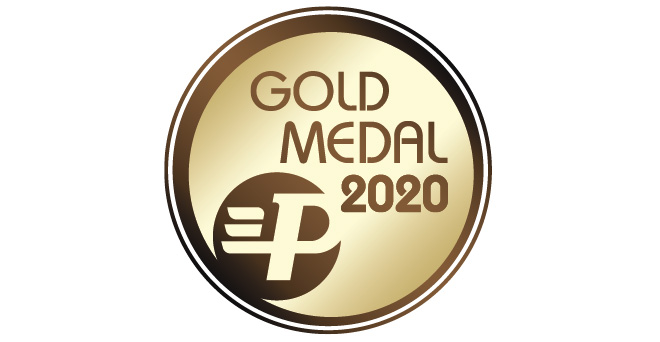
Programming courses
On the platform you will find Python & SQL courses. The courses are aimed at young people aged approximately 13 to 113 (older people may use the platform at their own risk). In the courses you will learn from scratch the issues of each language, including what are variables, input / output operations, arithmetic operators, conditional statements, logical operators, loops, data sequences and many, many more.
Practical learning
Learning on the LEM platform is about solving programming tasks in practice, i.e. typing real source code or query to real databases. The platform interface includes a development environment that allows you to edit the source code file and run the written program. Each lesson consists of an introduction on a specific issue and problem that should be solved by creating a program or – in the case of the SQL language – appropriate database query.
If you encounter difficulties in solving a problem (and believe you will!), You can use the hint, and if it turns out to be insufficient – also the help of a consultant via the contact form.
Automatic evaluation of your work
The written and launched solution is subject to immediate, fully automatic evaluation. The results are returned in a fraction of a second and presented in the tabs with the program output data, tests, descriptions of possible errors and tips. Thanks to this, you can verify your errors on an ongoing basis and try many ways to solve the problem.
Working with databases
Learn SQL by working with real databases. You will be surprised how simple the basics of this language are, the knowledge of which allows you to solve 95 percent of problems that you may encounter while operating on databases at work, at university or at school. By solving practical tasks, you will learn how to retrieve and filter data from tables, sort results, perform arithmetic operations, group records, nest queries, join tables, modify data and create new tables. You will also learn many additional functions and techniques to facilitate and optimize work with data.
Gamification
Get achievements, resources, medals, ranks, climb the rankings and compare with other users. If you are a bore nature, you can also ignore it all and just learn …
Neurons
Regardless of your approach, as you learn, you will acquire neurons – in the brain and on the platform (the former is not yet scientifically validated, but changes in the behavior of people using LNU are easily noticeable. Research is ongoing whether these are changes for the better or worse … ).
Packages
How to buy a package?
Details of the courses included in the packages
Python Level 1
Basics of Python programming. Issues: Basic level: variables and strings, functions, if and while, sequences part 1, sequences part. 2, projection, sets, dictionaries, exceptions and working with text files.
7 chapters / 169 lessons
SQL level 1
The first level of the SQL language course. Issues: introduction, SELECT search, sorting, limiting, WHERE filter clause, logical operators, arithmetic operators, aggregate functions, grouping, table modification.
5 chapters / 116 lessons
Python for schools
A course with Python problems on the basis of computer science in the part concerning programming and using a computer to solve problems. Course to be used during the lessons. Issues: exit instructions, arithmetic operations, variables, functions, conditional statements, while loop, sequences: strings, tuples, lists; for loop, data types and their conversion.
11 chapters / 86 lessons
